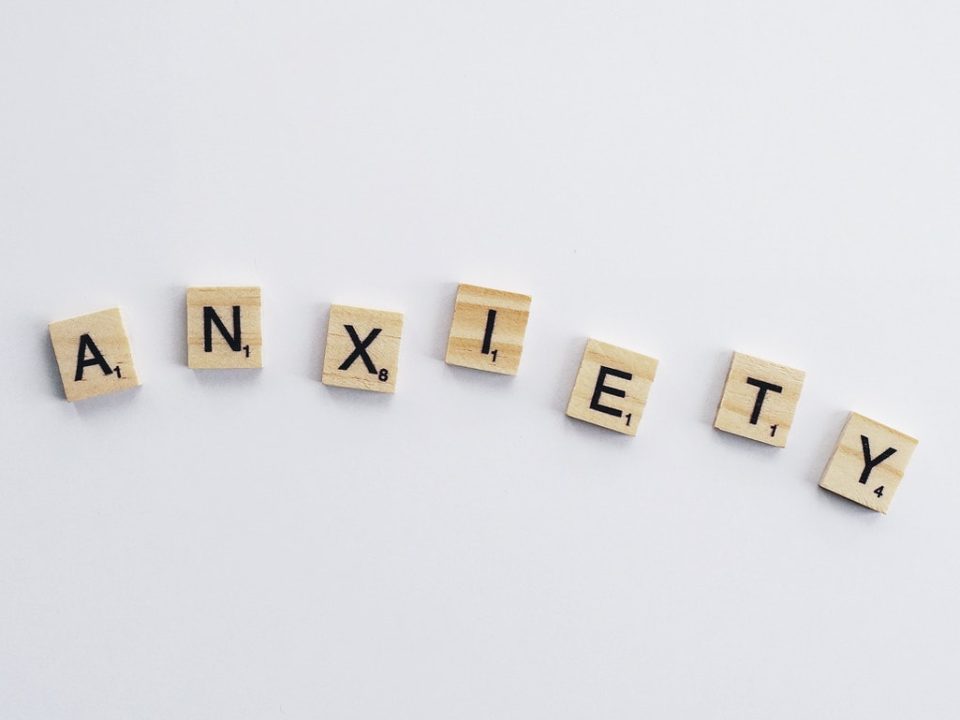
Medication and Therapy for ADHD: An Overview
January 12, 2021
Relationship Roadtrip | On the Road Again
February 11, 2021Work got you stressed out? You’re not alone. 83% of US workers suffer from work-related anxiety, and in a year where the COVID-19 pandemic has forced us to work remotely and fear layoffs, things have only gotten more difficult.
While health insurance benefits are gradually offering more coverage for mental health, many clueless employers still work their employees to the bone and think an occasional pizza party constitutes mental health reinforcement. If you’re on your own for managing your anxiety at work – or even if you’re not – there are some basic strategies you can use to reduce the impact on your mental health.
Acknowledge the Anxiety
This may seem silly, but your first step is to acknowledge the anxiety you feel as legitimate. This is especially true if you experience physical symptoms such as nausea or a headache; it can be tempting to write it off as a cold or other routine illness.
When you recognize your anxiety as real, you can then take steps to actually mitigate it.
Remember: You are Safe
Many workers don’t tell their employer about their anxiety for fear of getting fired. While this is a personal decision, you’re actually protected by the Americans with Disabilities Act. It is illegal for any employer to fire you solely for having anxiety, and so long as you perform job requirements with or without “reasonable accommodation” on their part, you are safe.
The same also goes for Employee Assistance Programs. EAPs are offered by many HR departments as a first step for mental health benefits, and most have strict confidentiality requirements. Check your employee handbook or benefits documentation for details.
Set Boundaries
While not always easy – or possible – set boundaries with work where you can. Turn off email notifications after a certain time, or at least avoid answering emails and phone calls after hours. Remember to use your paid time off; for many companies it expires if you don’t!
While these are all useful strategies, therapy is one of the most powerful tools for managing anxiety. A skilled therapist can identify the root causes of your anxiety and help you practice setting boundaries and taking care of yourself in a safe, comfortable space. If you need help managing anxiety, contact Azevedo Family Psychology today!




